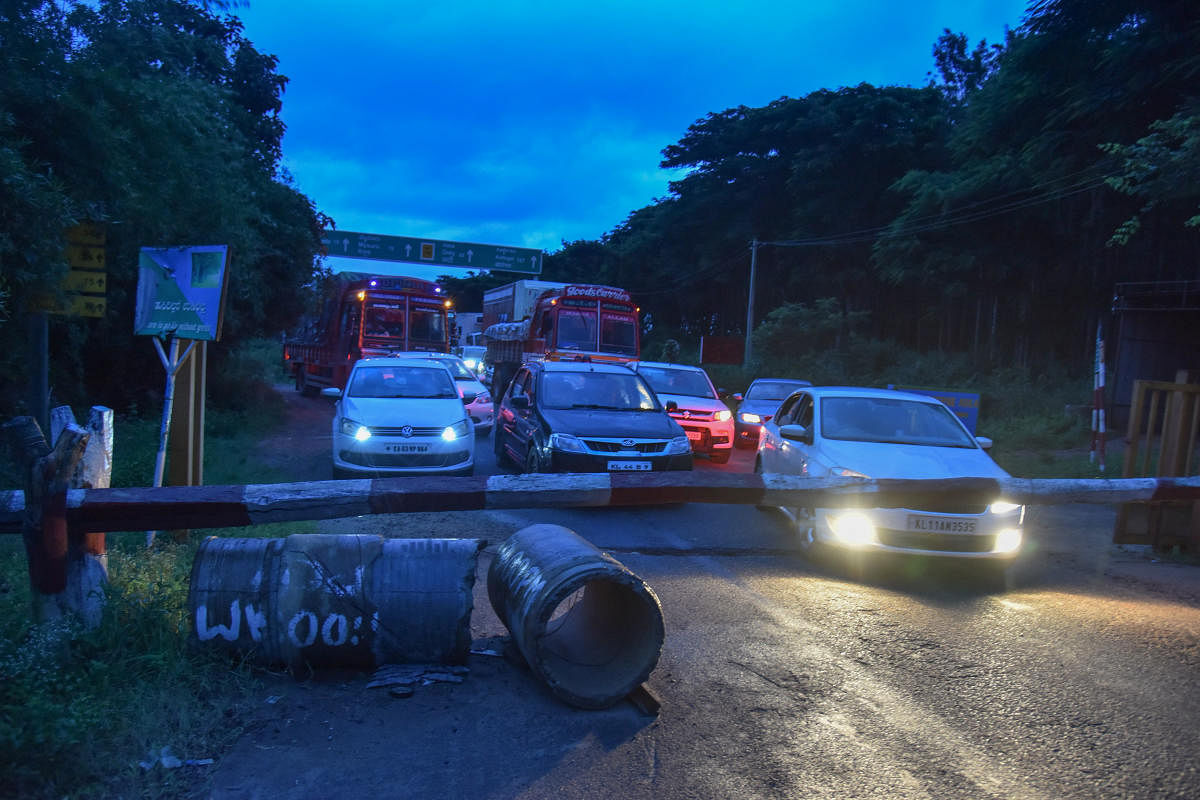
The Kerala government has told the Supreme Court that emphasis was to be given to the right of human beings over wild animals, as the night traffic ban on the Bandipur tiger reserve, imposed without any scientific study or basis, was highly discriminating, besides causing innumerable hardships to the people.
The CPM-led government “still insisted” on the recommendation by the committee headed by the secretary of the Ministry of Road, Transport and Highways for building five elevated roads on National Highway 212, passing through the Bandipur tiger reserve.
The state said it has already earmarked a sum of Rs 250 crore for this in the budget for 2019-20.
Despite the top court making it clear that it would not allow lifting of the night traffic ban on passing of vehicles through the protected area, the Kerala government, in an affidavit, said, “It is highly discriminating for the people living in the surrounding areas of Bandipur National Park to restrict their right to move freely”.
It pointed that there was no prohibition of traffic through the national parks of Kaziranga in Assam, Kanha and Pench (where 2.2 km long elevated highway was built) tiger reserves in Madhya Pradesh.
“The alternative route proposed by the Karnataka government also goes through areas where wild animals wander freely in huge numbers,” it said. The affidavit said it would take more time for acquisition of land (for the road to be constructed) and passengers would have to travel more than 40 km on this route.
Insisting on lifting the night traffic between 9 pm and 6 am, the state said, “the ban imposed by the local authority is a violation of the fundamental right to move freely within the country.”
The National Highway 212, an economic link between Kozhikode and Wayanad to Bengaluru and Mysuru, was being used to bring consumer items like vegetables, rice and poultry to the Malabar region.
It said the complete traffic ban, imposed without any scientific study or findings, does not make any sense as maximum animal movement was at dusk (between 5.30 pm and 7 pm) and dawn (between 5.30 am and 7 am).
